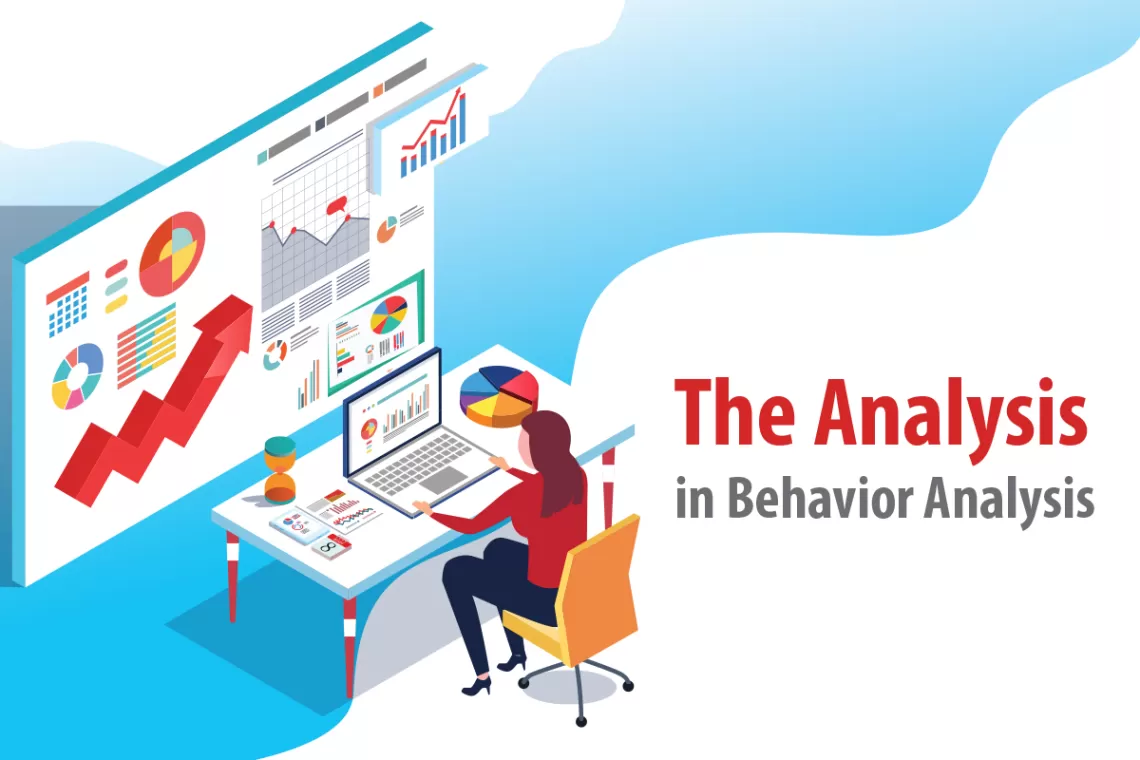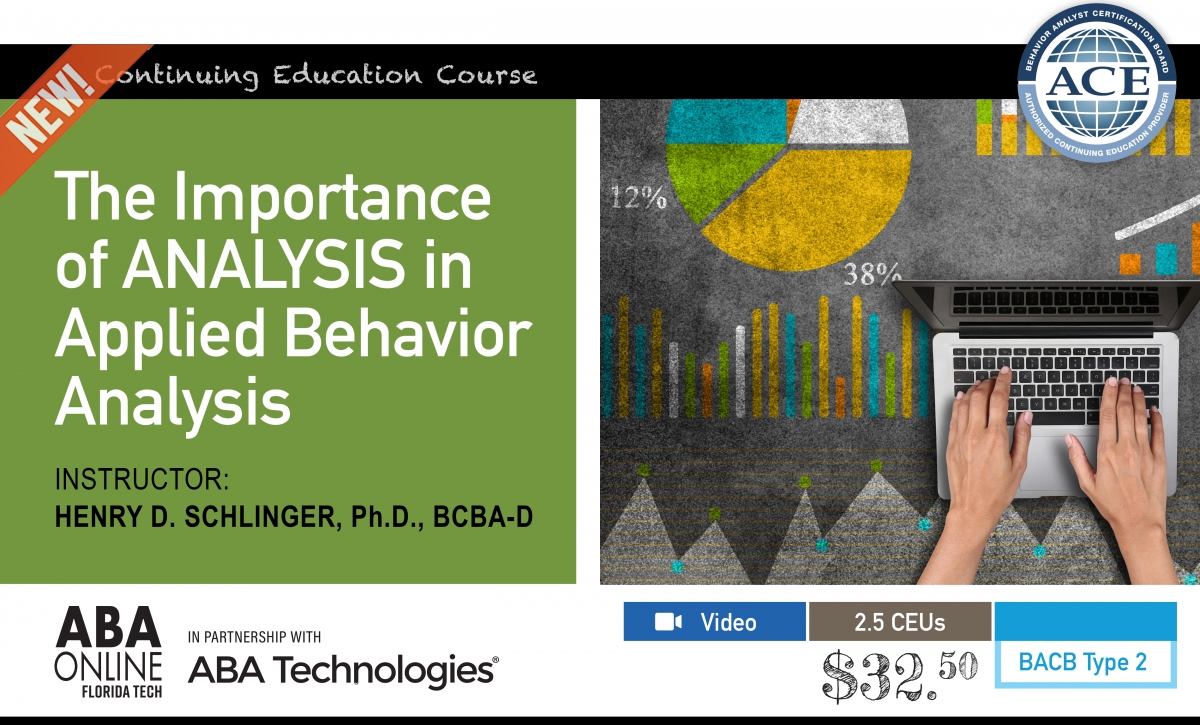
The Analysis in Applied Behavior Analysis

Dr. Hank Schlinger has spent much of his career developing and nurturing new behavior analysts—ones who approach the science and its application critically and with skepticism. Schlinger is known for questioning those things we take for granted. For instance: What does it mean to call oneself a behavior analyst? In his newest continuing education offering, Schlinger examines this word analysis in behavior analysis. He challenges it and helps identify areas our ever-growing applied field cannot forget. So, what does it mean to analyze behavior? Dr. Schlinger responds:
To analyze behavior means to carry out an experimental (or functional) analysis (see Schlinger & Normand, 2012 for a discussion of the origin of the term “analysis” in behavior analysis). And there’s the rub. In, “The Importance of Analysis in Applied Behavior Analysis,” I revive a contention made several years ago by others that many applied behavior analysts, nowadays more accurately called certified behavior analysts, do not carry out experimental analyses at any level of treatment or service delivery, and that applied behavior analysis (ABA), as practiced by many, has become a set of techniques with less concern of basic principles and conceptual issues. If true, then these practitioners are failing to heed the analytic and conceptually systematic dimensions of ABA. As a result, they should perhaps more accurately be called applied behaviorists or perhaps behavior modifiers. In this course, I condense the most important points from my article by the same name (Schlinger, 2017a) and argue that training in applied behavior should be less focused on techniques and more focused on principles and analysis. I then suggest seven different levels of experimental analysis that practitioners can (and should) carry out in their treatment regimens that would result in more effective outcomes for all stakeholders. Only then, in my view, should practitioners be allowed to call themselves applied behavior analysts.
Are you an applied behavior analyst too focused on techniques? What does this suggest about being board certified? Spend time challenging your own practices and link back to the true meaning of analyst.
Learn More

If you enjoyed Dr. Schlinger’s presentation, consider one of his other courses on theoretical, philosophical, or conceptual topics:



REFERENCES:
Schlinger, Henry. (2017). The Importance of Analysis in Applied Behavior Analysis. Behavior Analysis: Research and Practice.


